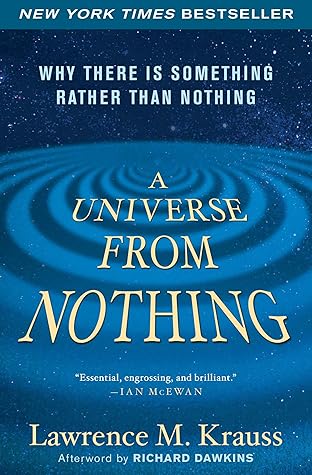More on this book
Community
Kindle Notes & Highlights
Whenever one asks “Why?” in science, one actually means “How?”. “Why?” is not really a sensible question in science because it usually implies purpose and, as anyone who has been the parent of a small child knows, one can keep on asking “Why?” forever, no matter what the answer to the previous question. Ultimately, the only way to end the conversation seems to be to say “Because!”
The universe is the way it is, whether we like it or not. The existence or nonexistence of a creator is independent of our desires. A world without God or purpose may seem harsh or pointless, but that alone doesn’t require God to actually exist.
Science has been effective at furthering our understanding of nature because the scientific ethos is based on three key principles: (1) follow the evidence wherever it leads; (2) if one has a theory, one needs to be willing to try to prove it wrong as much as one tries to prove that it is right; (3) the ultimate arbiter of truth is experiment, not the comfort one derives from one’s a priori beliefs, nor the beauty or elegance one ascribes to one’s theoretical models.


